Job Gap Letter of Explanation Template for Job Applicants
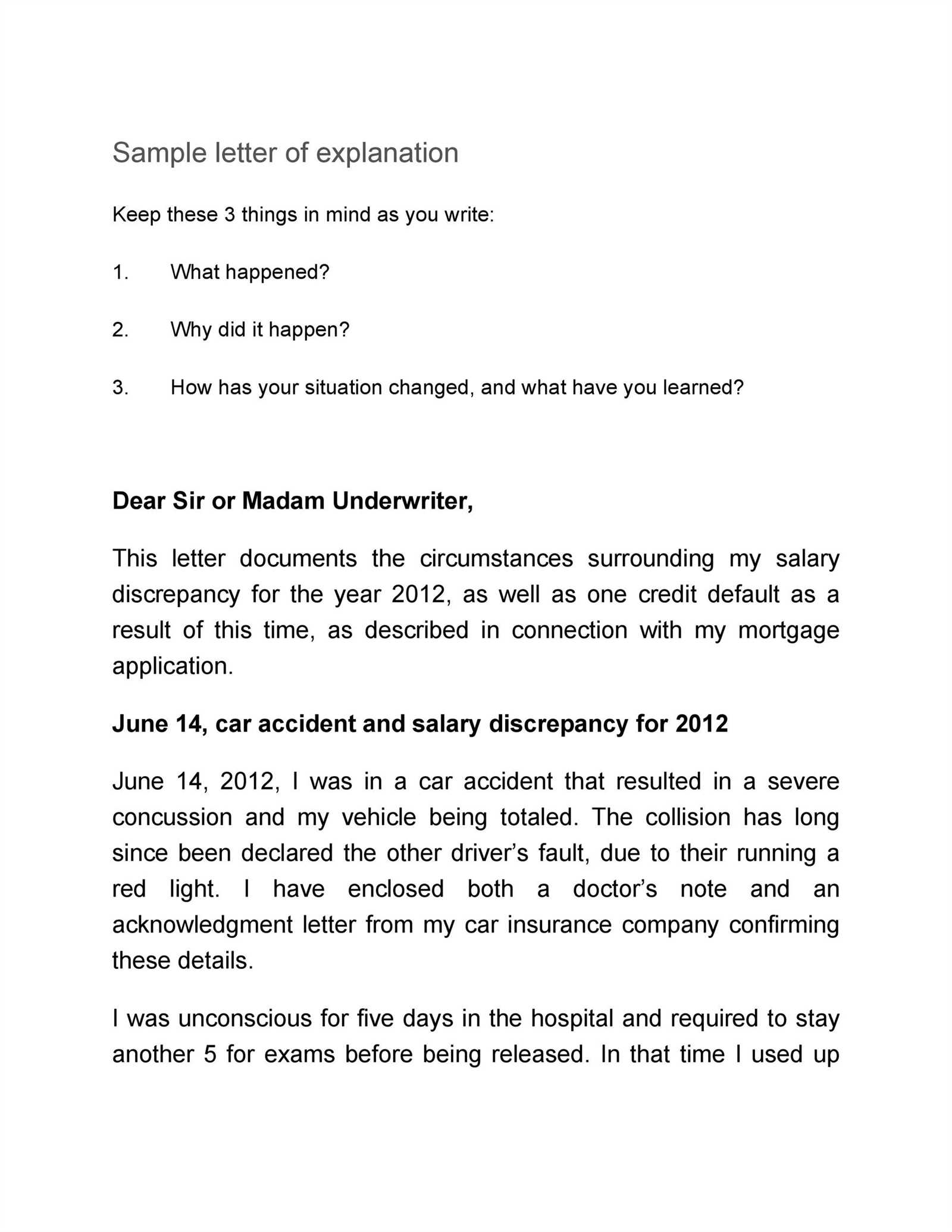
During your career, there may be times when a period of inactivity occurs. Whether it’s due to personal reasons, health issues, or other factors, it’s important to handle these moments in your professional history with care. Effectively communicating this information in a concise, clear manner can greatly improve your chances when applying for new opportunities.
Understanding the Importance of Addressing Career Interruptions
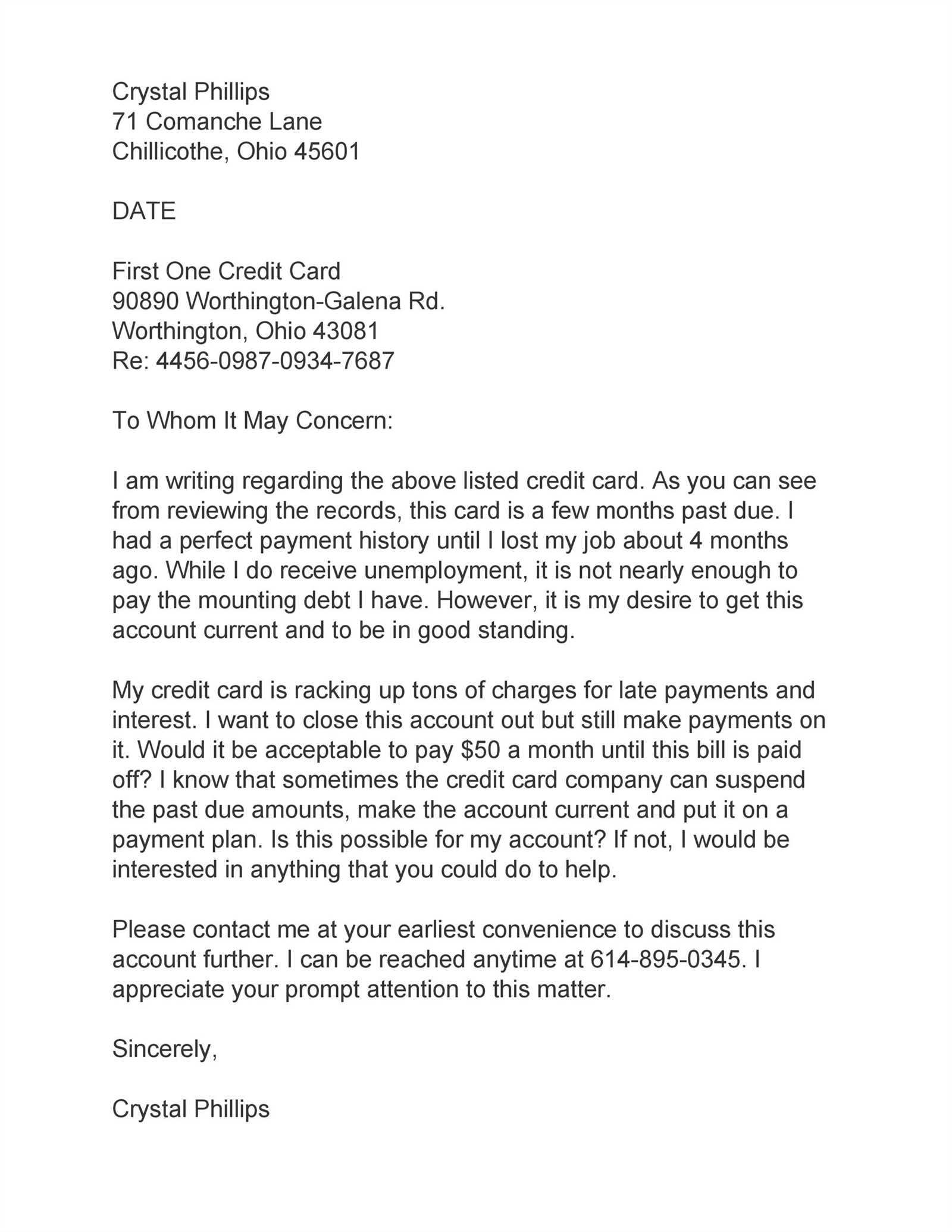
Employers often question periods of inactivity, but by addressing them upfront, you can avoid any misunderstandings. The goal is to show that you were proactive, whether through skill development, personal growth, or family commitments. Framing this time positively can turn a potential concern into a strength.
What to Include in Your Statement
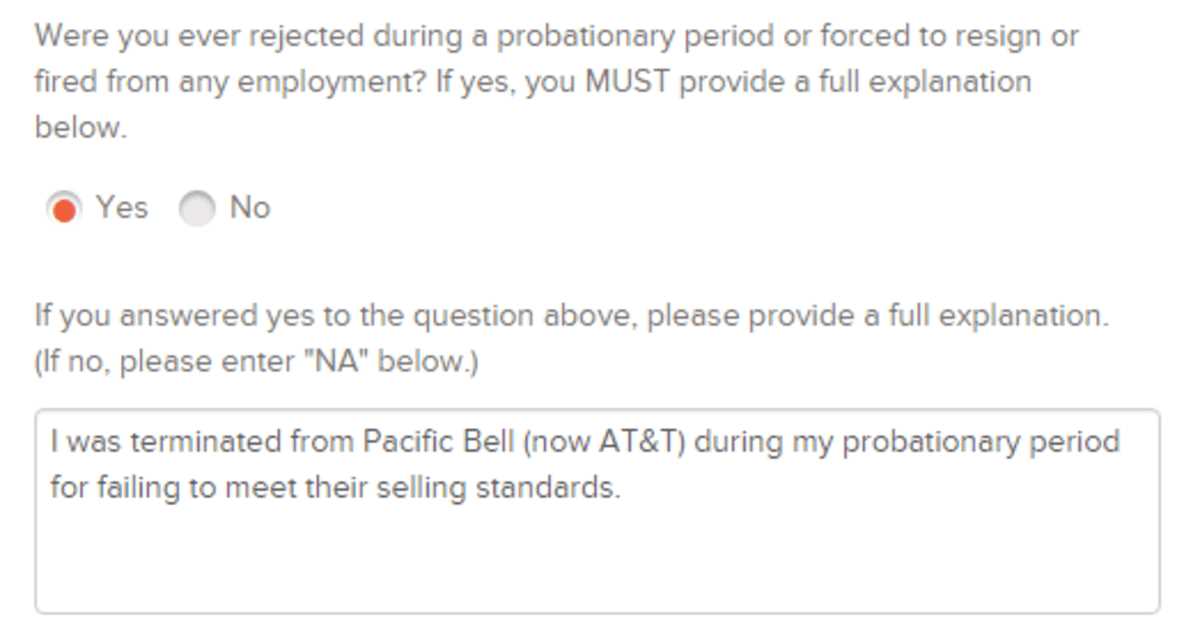
- Reason for the Break: Briefly mention why you took time off. Focus on personal growth or circumstances that enhanced your skill set.
- Actions Taken During the Break: Highlight any courses, freelance work, or volunteer projects that kept you engaged and developing professionally.
- Future Outlook: Explain how the break has prepared you to be more effective in your new role, showing your readiness to return to the workforce.
Common Mistakes to Avoid
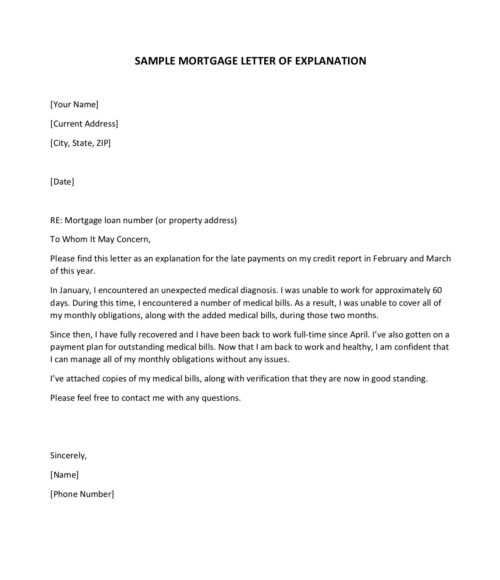
- Being Too Vague: Avoid offering unclear or overly brief explanations, as they may lead to doubts.
- Over-explaining: You don’t need to go into unnecessary detail. Keep it professional and to the point.
- Using Negative Language: Focus on the positive aspects of your break, even if the situation was challenging.
When and How to Submit Your Statement
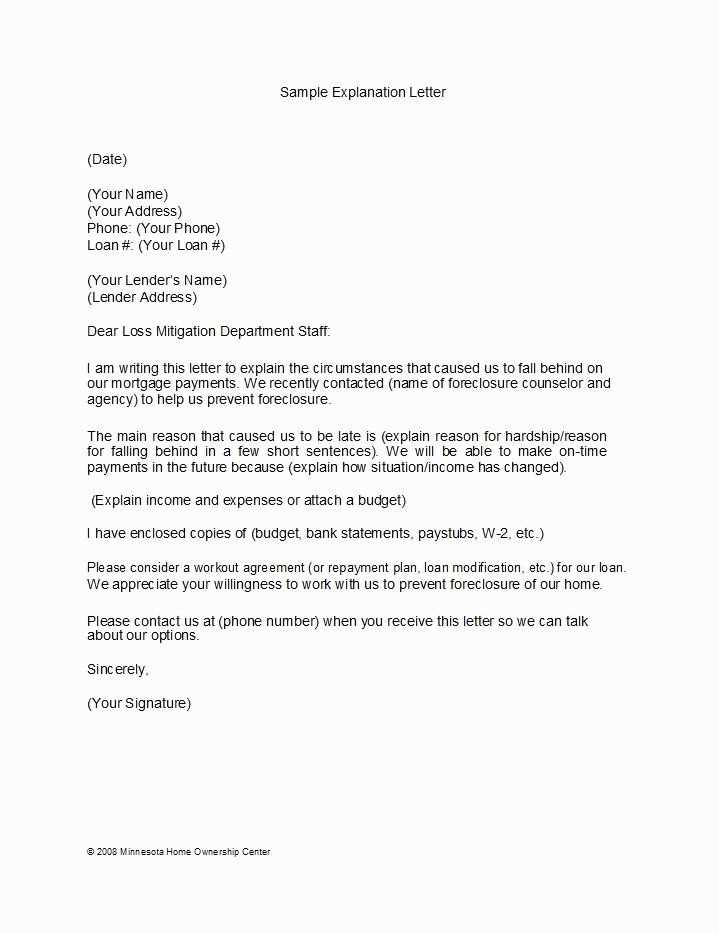
There are several times during the application process when you may need to mention your break. It’s best to do so early on, either within your cover letter or during an interview, so employers can understand your background without being caught off guard.
Why You Need to Address Employment Breaks
How to Frame a Career Pause
Organizing Your Response Clearly
Avoiding Common Mistakes in Communication
Examples of Effective Career Break Statements
Timing Your Response Appropriately
Periods of inactivity in your professional history can raise questions for potential employers. Effectively addressing these breaks is essential to demonstrate your continued growth and readiness for the next opportunity. This section covers why it’s important to clarify these moments and how to do so professionally.
Being transparent about career pauses shows that you are proactive and honest. Whether the break was for personal reasons, travel, or other obligations, explaining it in a positive light can help employers understand your journey. By doing so, you convey your commitment to returning to the workforce and contributing meaningfully to their team.
When constructing your response, keep it brief and to the point. Focus on key points like the reason for the pause, what you did during that time, and how it has prepared you for your next position. Structure your explanation logically, addressing concerns in a way that reflects well on you as a candidate.
Avoid vague language or over-explaining. It’s crucial to stay concise and positive, without delving too deeply into personal matters. Keep the focus on what you gained during the break and how it makes you an even stronger candidate moving forward.
Here’s an example of an effective response: “I took time off to care for a family member, during which I completed several online courses related to project management. This experience gave me new insights and skills, which I’m eager to apply in my next role.” This shows initiative and highlights your preparedness.
It’s best to address the break early in the hiring process, either within your initial application or during an interview. By providing clarity upfront, you set the right tone and avoid any surprises later on, allowing the employer to focus on your qualifications and potential.